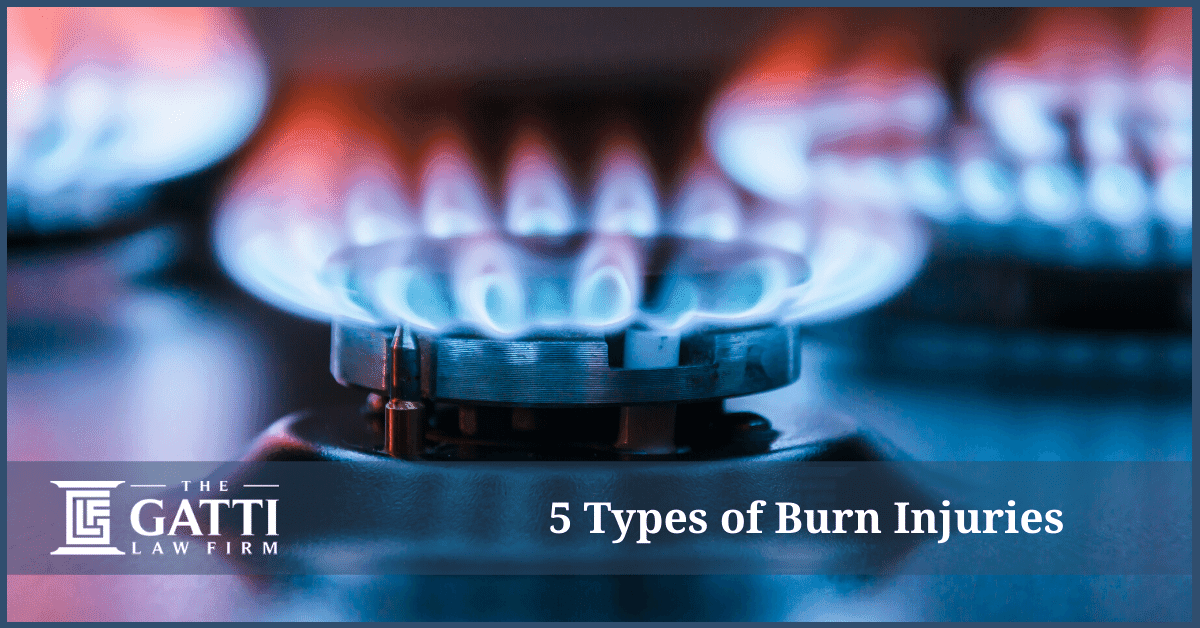Burn injuries have a physical and emotional impact on you that many other injuries may not have. The long-term effects are what make burn injuries catastrophic, and it’s important to know the differences between the types of burns and how they happen. Knowing the causes and how you may be impacted can help you prove liability to pursue compensation.
Thermal Burns
Thermal burns are some of the most common that occur because the various causes are present in so many places. Thermal burns result from exposure to flames, scalding liquid, or hot objects. One potential cause of a thermal burn is if someone drops scalding hot liquid on you, such as coffee or soup.
Electrical Burns
Electrical equipment or wiring can cause you to suffer significant burn injuries if safety is overlooked. Any contact with an electrical current can cause you to not only suffer external burns, but it can damage your internal organs as the electrical jolt goes through your body.
Chemical Burns
Chlorine, acid, bleach, and ammonia are harsh chemicals. When any of these chemicals contact your skin or eyes, it can cause severe burns on your body. Chemical burns are more likely to occur in various workplaces where chemicals exist.
Friction Burns
Friction burns are not as common, but they occur whenever your skin repeatedly rubs on a rough surface. One of the most common forms of friction burns is referred to as road rash, which occurs during a motorcycle crash.
Radiation Burns
Radiation burns can be as simple as suffering a sunburn. However, these can occur during radiation treatments when your body is exposed to a high level of radiation. The more often you receive radiation, the less amount of time your body has to recover, and it can lead to significant sores.
Our Salem burn injury lawyers at The Gatti Law Firm are determined to help you during your time of need. We work hard to hold negligent parties accountable for their actions, pursuing the justice you need to recover.
Call our firm at (503) 543-1114 today to discuss your rights.
 Get Free Case Evaluation
Get Free Case Evaluation

